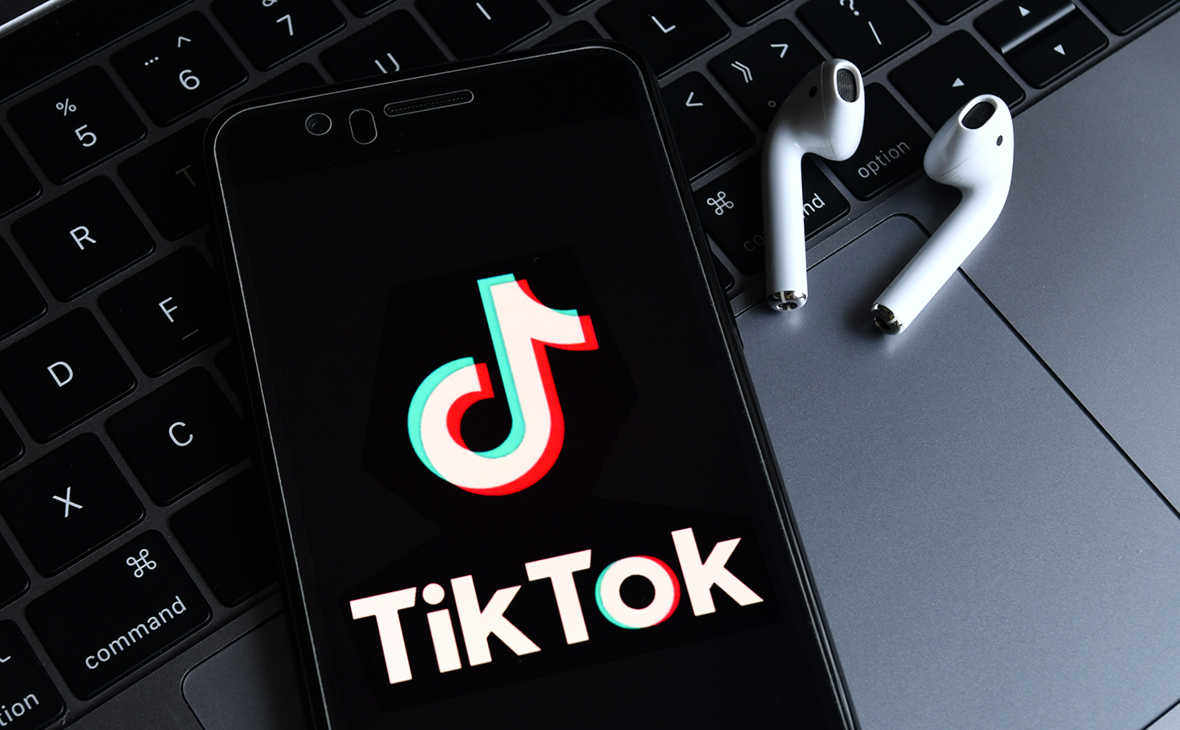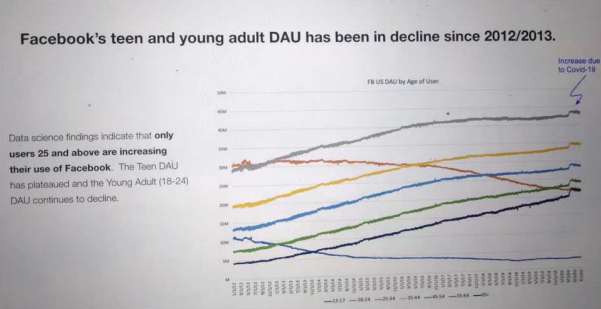Blog
Blog
New Report Highlights the Decline of Facebook and IG, as TikTok Becomes the New Home of Entertainment

Have you found yourself using Instagram way less of late?
The once trendsetting social platform seems to have lost its luster, in large part due to Instagram’s insistence on pumping more content from accounts that you don’t follow into your main IG feed.
The ‘inspiration’ for that approach is TikTok, which has seen great success by focusing on content, as opposed to creators, with the app opening to a ‘For You’ feed of algorithmically-selected clips, based on your viewing habits. Instagram, as usual, saw that as an opportunity, and it’s since been working to negate your direct input – i.e. the accounts that you’ve chosen to follow – by showing you more and more stuff that it thinks you’ll like.
Which is annoying, and personally, I don’t find Instagram anywhere near as engaging as it once was.
As reported by WSJ, TikTok users are spending over 10x as many hours consuming content in that app as Instagram users currently spend viewing Reels. According to a leaked internal report, Reels engagement is also in decline, dropping 13.6% in recent months – while ‘most Reels users have no engagement whatsoever.’
Meta has lightly refuted the claims, by stating that the usage data doesn’t provide the full picture. Though it declined to add any more context – which is Meta’s usual process when it can’t dispel such with its own insight.
Take, for example, total time spent in its apps. Back in 2016, as part of its regular performance reporting, Meta noted that people were spending more than 50 minutes per day, on average, using Facebook, Instagram and Messenger. It hasn’t reported any official stats on this ever since, which many believe is because that number has been in steady decline, and Meta sees no value in reporting that it’s losing ground, and has been for years now.
Meta, instead, is keen to talk about daily and monthly active users, where its figures are solid. But this almost feels like misdirection – Facebook and Instagram, in particular, have traditionally been based on building your social graph, and establishing a digital connection with the people that you know and want to stay connected with, and informed about.
As such, it makes sense that a lot of people log onto these apps each day just to see if their friends and family have shared anything new. That doesn’t, however, mean that they’re spending a lot of time in these apps.
Which is another reason why Meta’s trying to push more interesting content into your main feed, and in between updates from your connections – because if it can hook those people that are just checking in, then logging straight back out, that could be a key way to get its engagement stats back on track.
But it’s not working.
Again, Facebook and Instagram have spent years pushing you to establish connections with the people that you care about, even introducing an algorithm to ensure that you see the most important updates from these users and Pages every day.
At one point, Facebook noted that an average user was eligible to see over 1,500 posts every day, based on the people and Pages they were connected to – which is way more than they could ever view in a single day. So it brought in the algorithm to help maximize engagement – which also had the added benefit of squeezing Page reach, and forcing more brands to pay up.
But now, Facebook is actively working to add in even more content, cluttering your feed beyond the posts that you could already be shown, and making it harder than ever to see posts from the people you actually want to stay updated on.
Hard to see how that serves the user interests.
And again, it seems that users are understandably frustrated by this, based on these latest engagement stats, and previously reported info from Facebook which showed that young users are spending less and less time in the app.

Because it’s fundamentally going against its own ethos, purely for its own gain.
Accept it or not, people go to different apps for different purpose, which is the whole point of differentiation and finding a niche in the industry. People go to TikTok for entertainment, not for connecting with friends (worth noting that TikTok has actually labeled itself an ‘entertainment app’, as opposed to a social network), while users go to Facebook and IG to see the latest updates from people they care about.
The focus is not the same, and in this new, more entertainment-aligned paradigm, Meta’s once all-powerful, unmatched social graph is no longer the market advantage that it once was.
But Meta, desperately seeking to counter its engagement declines, keeps trying to get people to stick around, which is seemingly having the opposite effect.
Of course, Meta needs to try, it needs to seek ways to negate user losses as best it can – it makes sense that it’s testing out these new approaches.
But they’re not the solution.
How, then, can Instagram and Facebook actually re-engage users and stem the tide of people drifting across to TikTok?
There are no easy answers, but I’m tipping the next phase will involve exclusive contracts with popular creators, as they become the key pawns in the new platform wars.
TikTok’s monetization systems are not as evolved, and YouTube and Meta could theoretically blow it out of the water if they could rope in the top stars from across the digital ecosphere.
That could keep people coming to their apps instead, which could see TikTok engagement wither, like Vine before it.
But essentially, it comes down to a major shift in user behaviors, away from following your friends, and seeing all the random stuff that they post, to following trends, and engaging with the most popular, most engaging content from across the platform, as opposed to walling off your own little space.
At one stage, the allure of social media was that it gave everyone their own soapbox, a means to share their voice, their opinion, to be their own celebrity in their own right, at least among their own networks. But over time, we’ve seen the negatives of that too. Over-sharing can lead to problems when it’s saved in the internet’s perfect memory for all time, while increasing division around political movements has also made people less inclined to share their own thoughts, for fear of unwanted criticism or misunderstanding.
Which is why entertainment has now become the focus of the next generation – it’s less about personal insights and more about engaging in cultural trends.
That’s why TikTok is winning, and why Facebook and Instagram are losing out, despite their frantic efforts.
Πηγή: socialmediatoday.com





